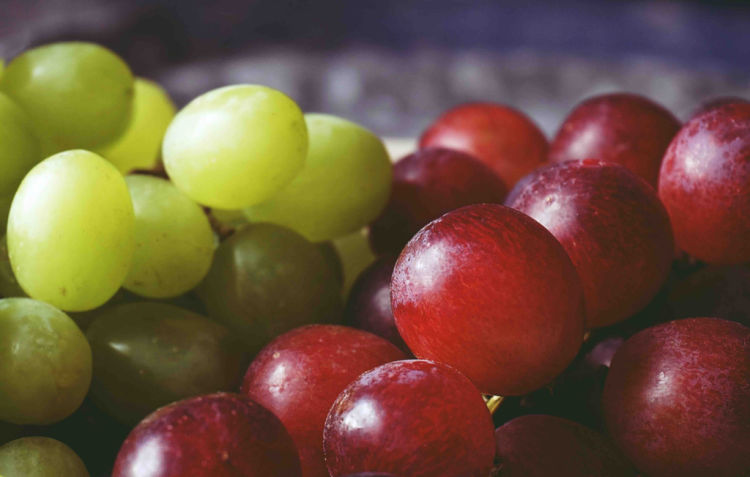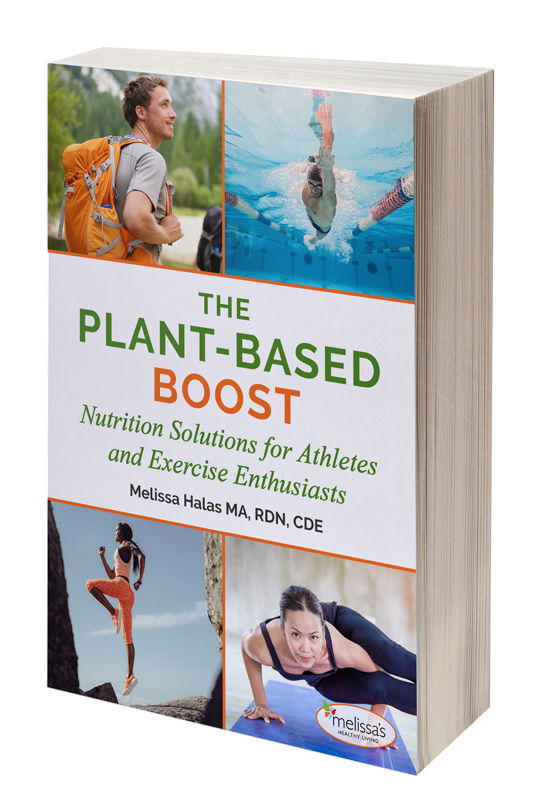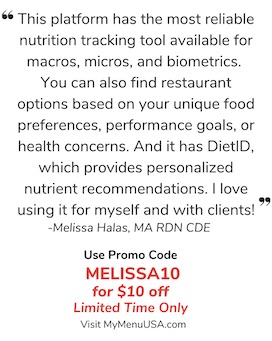
The type, intensity, and duration of the exercise you do, and when you do it, can determine what to eat before working out to make it through feeling energized.
Heading to the gym or studio for a long swim, training session, run, or yoga session, but your stomach is growling? Do you want a snack or meal but don’t know what to choose? Here are a couple of questions to ask yourself to navigate the best bites to help you power through your workout!
Glance at the Clock- How long do you have before your workout?
Keeping track of your meal patterns around your workouts will help you find a fueling strategy that works for you to take your workouts to the next level. Pay attention to your energy levels, fullness/hunger, and any stomach distress. This will help you navigate the types and quantity of food and ideal times to eat to get the most out of your workout. Meals and snacks higher in protein and fat take longer for your body to digest. They may cause more stomach upset, so it is best to focus on snacks with carbohydrates when deciding what to eat before working out when it’s close to your exercise.
3-4 hours before:
Aim for a full meal that has a healthy mix of carbohydrates, lean protein, and heart-healthy fats, as you likely have enough time to properly digest. You can pair this strategy with a small, easily digestible snack 30 minutes to 1 hour before your workout or wait for another full meal after your workout.
1-3 hours before:
Not everyone needs a snack before a workout. It depends on the intensity and duration of your workout, your unique energy needs, and weight goals. If you’re maintaining weight loss or trying to lose weight, adding a snack could be counterproductive. However, for athletes or exercisers with stable weight or a goal of weight gain, skipping a snack or small meal before a long and intensive workout could decrease exercise performance. If carbohydrate stores are depleted, then your muscles are utilized as an energy source.
Pay attention to your body’s cues and track and trend performance and recovery. If you do need to fuel, your quantity of food should be slightly smaller since you have less time to digest. The further out you are from your exercise, the more you will likely be able to tolerate. Here are some examples of simple snacks and mini-meals:
- 1-2 dates or a date ball
- 1 small banana
- 1 medium banana + 1 Tbsp. of almond butter
- 2 rice cakes + 1 Tbsp. peanut butter + 1 Tbsp. jelly
- Oatmeal with walnuts and berries
- ½ turkey sandwich: whole grain bread, turkey, lettuce, tomato, mustard, avocado
- Whole grain toast + ½ small avocado + 1 sliced hard-boiled egg
- 1 serving dried fruit + 1 oz. mixed nuts
<1 hour:
With less than one hour to go before you get your heart pumping, you should be the most conscious of your choices. If you’re short on time, but still want to get a last-minute energy boost, a small amount of quick-digesting (low-fiber) carbohydrates, especially in liquid form, will help. A few examples of what to eat before working out are:
- ½ cup of grapes
- 1 medium orange
- Handful of pretzels
- 4 oz. of a dye and preservative-free sports drink
- 1 oz. of whole-grain crackers
Always give yourself enough time to fully digest your pre-workout snack, so your body is ready to roll!
How long will I be exercising?
 Depending on the intensity of your exercise, your body will tap into different amounts of your stored fuel. Your body can use storage forms of both carbohydrates (in the form of glycogen) and fat. As long as you’re fueling properly throughout your typical day, and are not going into the session starving, your body has enough of both to get you through a workout lasting about an hour and a half! If you are exercising for much longer than that, you will want to have some quick-digesting carbohydrates on hand for during exercise! Check out my book The Plant-Based Boost, Nutrition Solutions for Athletes and Exercise Enthusiasts for even more specific food tips and guidelines around exercise.
Depending on the intensity of your exercise, your body will tap into different amounts of your stored fuel. Your body can use storage forms of both carbohydrates (in the form of glycogen) and fat. As long as you’re fueling properly throughout your typical day, and are not going into the session starving, your body has enough of both to get you through a workout lasting about an hour and a half! If you are exercising for much longer than that, you will want to have some quick-digesting carbohydrates on hand for during exercise! Check out my book The Plant-Based Boost, Nutrition Solutions for Athletes and Exercise Enthusiasts for even more specific food tips and guidelines around exercise.
Then check out part 2 of this series for a closer look at nutrition approaches based on the type of exercise that you do.



